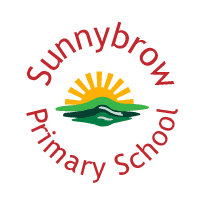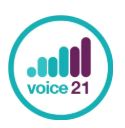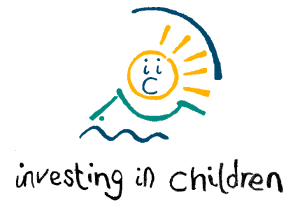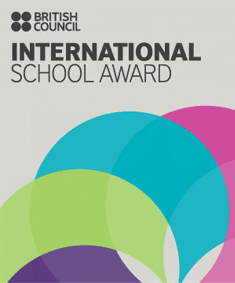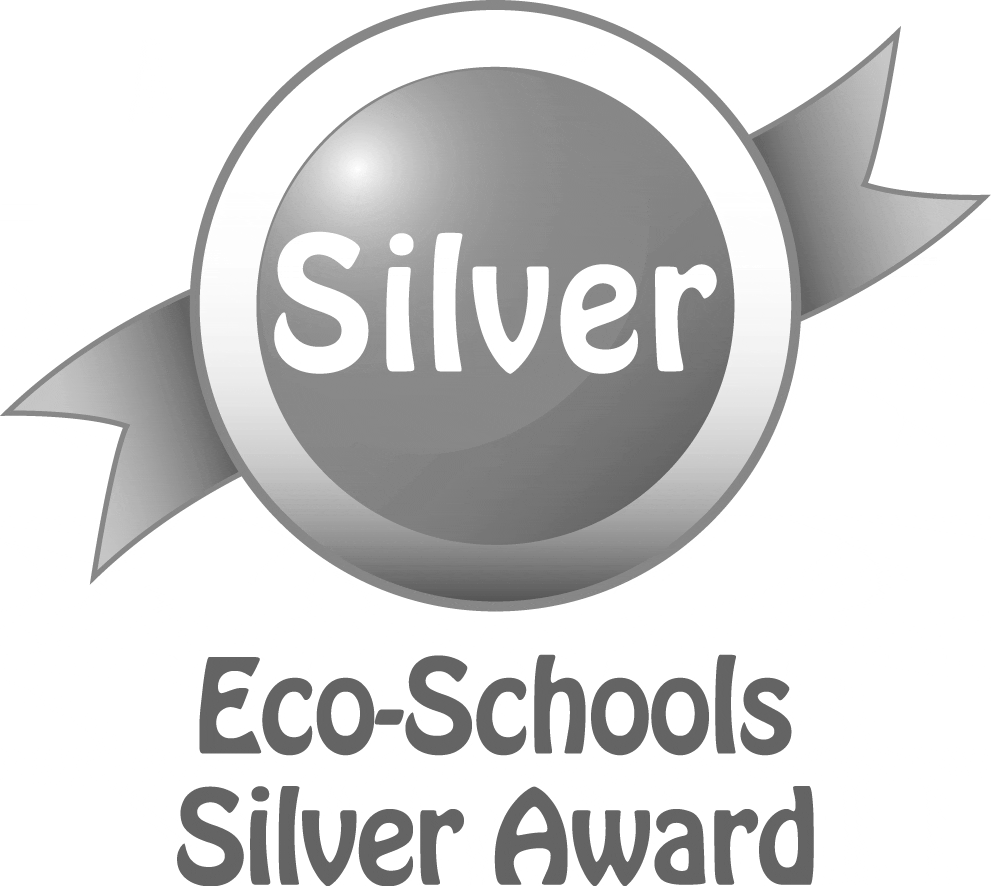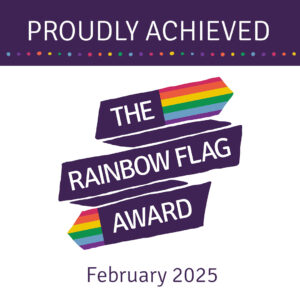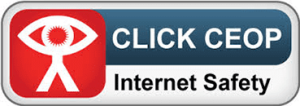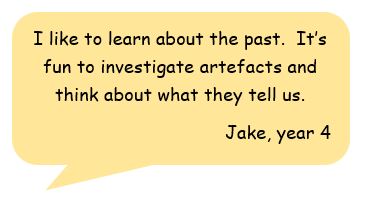
Our vision and intent
At Sunnybrow Primary School, our vision is to empower pupils to exceed and achieve the extraordinary. Guided by our principle that “ordinary people can achieve extraordinary things,” we aim to bring history to life and ignite a deep curiosity within children about the past. Through our engaging and immersive approach, we strive to develop their historical enquiry skills, enabling them to understand themselves, their identities, our society, and the world around them. We believe that by equipping them with this knowledge, they will be better informed to shape society in the future.
Recognising the importance of making history meaningful and relevant to their lives today, we provide abundant first-hand experiences for our pupils. By organising visits to local heritage sites, collaborating with local projects, and inviting guest speakers, we ensure that our pupils see the direct impact of history in their own community. As our school is located in an area where such experiences may be limited outside of school, we are committed to providing equal opportunities for all children in our care. Through these enriching learning experiences, we aim to enhance their cultural capital and broaden their horizons.
At school, our vision of empowering pupils to exceed is deeply ingrained in our approach to teaching history. By making the ordinary extraordinary, we inspire our pupils to embrace the past, appreciate its significance, and harness its lessons to create an extraordinary future.
We have produced an ‘end-of-year’ expectation document, which clearly outlines what a pupil is expected to know in History by the end of each academic year.
Implementation
History is taught for 2 hours a week on a two-week cycle, meaning a whole afternoon can be spent on history every two weeks. This allows staff to plan lessons in greater depth in which children can be immersed in historical investigations, where pupils are given the opportunity to develop skills such as critical thinking, questioning and researching, as well as developing their perspective and judgement. Children are provided with opportunities to revisit their history learning during the following week, through recapping key concepts or vocabulary in our daily 5 ‘sticky knowledge’ quizzes.
As we have mixed age group classes, topics are taught chronologically where possible across the academic year. Children are able to draw comparisons and make connections between these time periods confidently by the end of year 6. Where possible, we link topics to events related to school, children’s lives and the local area. Our other topics help children to gain a broader view of the history of Britain and the wider world, as children progress into KS2.
In order to ensure children make links between topics, we have running themes throughout the curriculum, which are: society and community, exploration and invasion, conflict and disaster, and power. Within each topic, children will explore substantive concepts (trade, civilisation, industry, economy, empire, monarchy, government, settlement, rebellion, migration). These transferable concepts are continuously revisited throughout each key stage to embed contextual understanding of complex notions. Each topic also explores a key historical figure, linked to our principle that ‘ordinary people can achieve extraordinary things’.
‘Key concepts’ are identified at the start of each topic, specifically related to areas of historical enquiry (chronology, evidence and interpretation, cause and consequence, change and continuity, similarity and difference, historical significance). Each cycle starts with an assessment of prior knowledge. This allows teachers to identify gaps in learning and misconceptions. Teachers use a ‘cumulative quizzing’ approach within lessons to revisit the key concepts and support the development of ‘sticky knowledge’.
History Planning Documents:
History end of year expectations.
History Small Steps of Knowledge & Key Vocabulary
Impact
History is monitored through lesson observations, book scrutiny and termly teacher assessments. Pupil voice is heard through interviews and questionnaires conducted throughout the year to evaluate the effectiveness of the curriculum and understand which techniques are found to be the most effective and enjoyable for children.
Work is evidenced in books in a variety of ways. Timelines are used in children’s books to help develop children’s chronological knowledge, understand what has happened within a certain time period and the effect this may have had on aspects of life. Children may annotate, describe and investigate a range of sources, including images, artefacts and pieces of writing. Children may also generate their own images and sketches of different historical artefacts. As children progress into KS2, more written based evidence is in books including written explanations or writing pieces based on a particular topic. Oral and written feedback is regularly provided to children. KS1 are now using newly introduced floor books, to ensure that learning focuses on historical enquiry. Learning may be evidenced in the floor book through written work, drawings, activities, comments children have made during the lesson and pictures of children.
Formative assessment evident throughout topics, with key questioning taking place every lesson to ensure understanding of key concepts is checked. Teacher assessment is recorded in a working document where children are assessed as working towards, achieved or mastery for key objectives in each topic, as well as historical skills.
Emphasis is placed on analytical thinking and questioning which helps pupils gain a coherent knowledge and understanding of Britain’s past and that of the wider world. Through our history topics, pupils learn to ask perceptive questions, think critically, weigh evidence, sift arguments, and develop perspective and judgement. Regular visits to heritage sites, museums and local projects provide further relevant and contextual learning, engaging some members of the community in children’s learning and providing positive role models from the community for children to learn from.
Children at Sunnybrow enjoy learning about a range of historical events, people and periods, which is evident from hearing pupil voice. They are interested in how history has shaped their past and will continue to shape their future.
